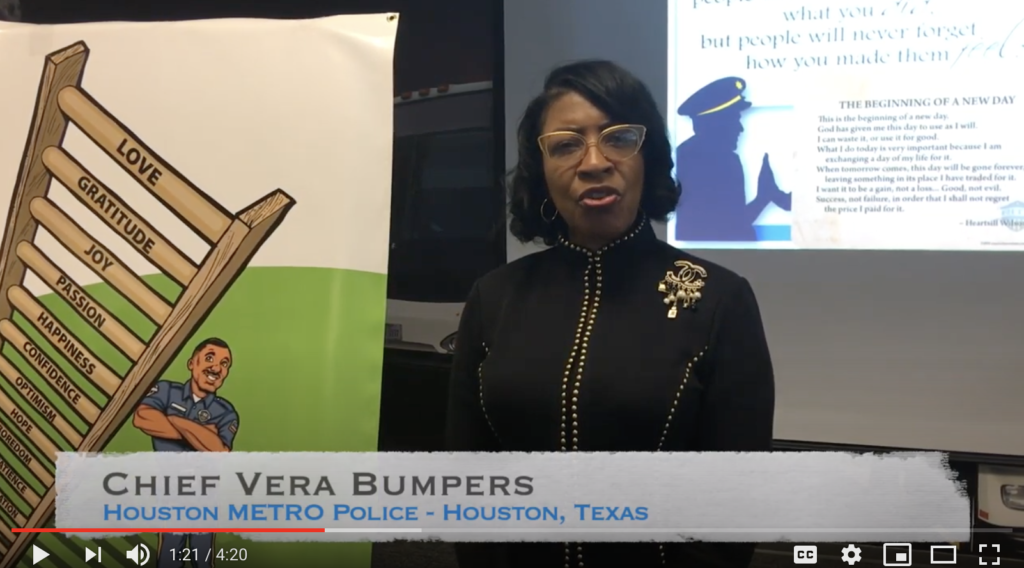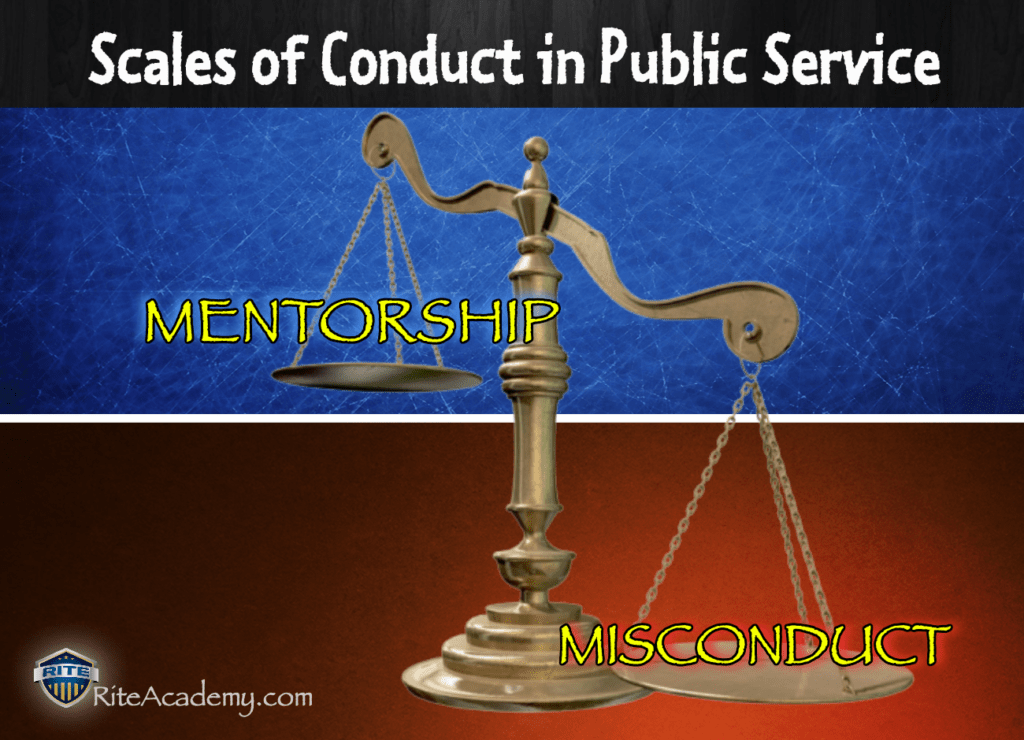Anger directed at the officer is rarely personal, even when it’s done with insults and cruelty. It’s helpful to understand where the anger is coming from.
The Nature of Anger
- Displaced Frustration: The uniform can be a trigger for anger about past experiences, officer mistrust, or even personal issues (job loss, relationships, financial stress).
- Fear and Distress: Anger can be a secondary emotion for fear, pain, or distress. When a person is experiencing a mental health crisis, substance abuse, or trauma, rage can be the only emotion they know.
- Seeking a Reaction: Some will intentionally use insults to try and get the officer to lose their temper. If the officer escalates to unnecessary force, the angry person “wins” by issuing a complaint or a lawsuit.
Angry people find it easy to project their hostility onto others. An officer may just be ‘a punching bag’ for that person. The one who is yelling is out of control. When you remain calm, you are the one, who is IN control.
Did you know that no one can MAKE you mad? When you blame others for MAKING you mad, it is time to acknowledge that you allowed it.
Control your emotions, through Self-regulation Techniques like recognizing your triggers.
- Speak softly: A quiet, calm voice is more effective than yelling back, as it forces the other person to listen more closely to understand you.
- Use proper body language: Avoid mirroring aggressive postures. Stay still, maintain a non-imposing physical stance, and keep facial gestures neutral.
- Be patient: Understand that the situation may require time to de-escalate, and your calm presence can be a positive influence.
Learn to control your emotions, in order to control every situation.
When you have self-regulated yourself through Emotional Intelligence by becoming aware of your own emotions, and using behavioral self-control, now you are ready to engage with better Social Intelligence.
Social Intelligence is the ability to mediate and navigate while engaging with others.
Communication techniques to better connect:
- Listen: Pay attention to what the person is saying.
- Be clear: Communicate your limits and expectations in a firm non-confrontational way.
- Avoid saying, “calm down.” This can push people away.
In order to be a better communicator, you must be willing to work on your inner self. Learn to listen to your thoughts and become a better coach for yourself.
3 Tips to Improved Interactions
- Triggers: Before a situation escalates, know what might provoke a strong emotional response in you, and plan how to handle them professionally. Identify things that can make you mad!
- Breathe: Use deep breathing techniques to take control of your emotions and prevent them from escalating. Like the basketball player who takes a breath before shooting at the free-throw line.
- Control: You control your own reactions, not the other person’s behavior.
De-escalating the situation starts with you remaining calm, using active listening skills. When you are in control of yourself, you can acknowledge the person’s message, and maintaining a neutral, composed demeanor.
Emotional Intelligence (EI) must be taught to officers before Social Intelligence (SI), as an effective tool to be used on the street. This is the philosophy behind successful modern-day law enforcement training programs, including RITE Training.
Why EI must come before SI: An officer cannot objectively assess or effectively de-escalate an angry citizen if they are simultaneously enraged or triggered themselves. The citizen’s displaced anger will simply be met with the officer’s own reaction, leading to an immediate and dangerous escalation.
Successful Results
By achieving Emotional Self-Control first, the officer creates the mental space to operate with improved Social Intelligence. You’ll start to see the angry person not as a personal threat to your ego, but as a subject in crisis or distress who needs a measured, professional response to resolve the situation safely.
This is the goal of “The RITE Way.” We bring successful emotional intelligence-based training that works for all in public service.
About RITE
Since 2015, RITE Academy has trained over 2000 police agencies in Emotional Intelligence. Helping officers on how to recognize the onset of Block Out Syndrome. RITE Training uses physical cognitive imprinting tools, giving the officer better control of their own emotions in every situation.
RITE Training helps ALL public servants improve internal communication that improves communication and de-escalation. When you learn to control your emotions, you learn to control every situation, and help others that are in need. Contact us on how to bring RITE to your agency.




